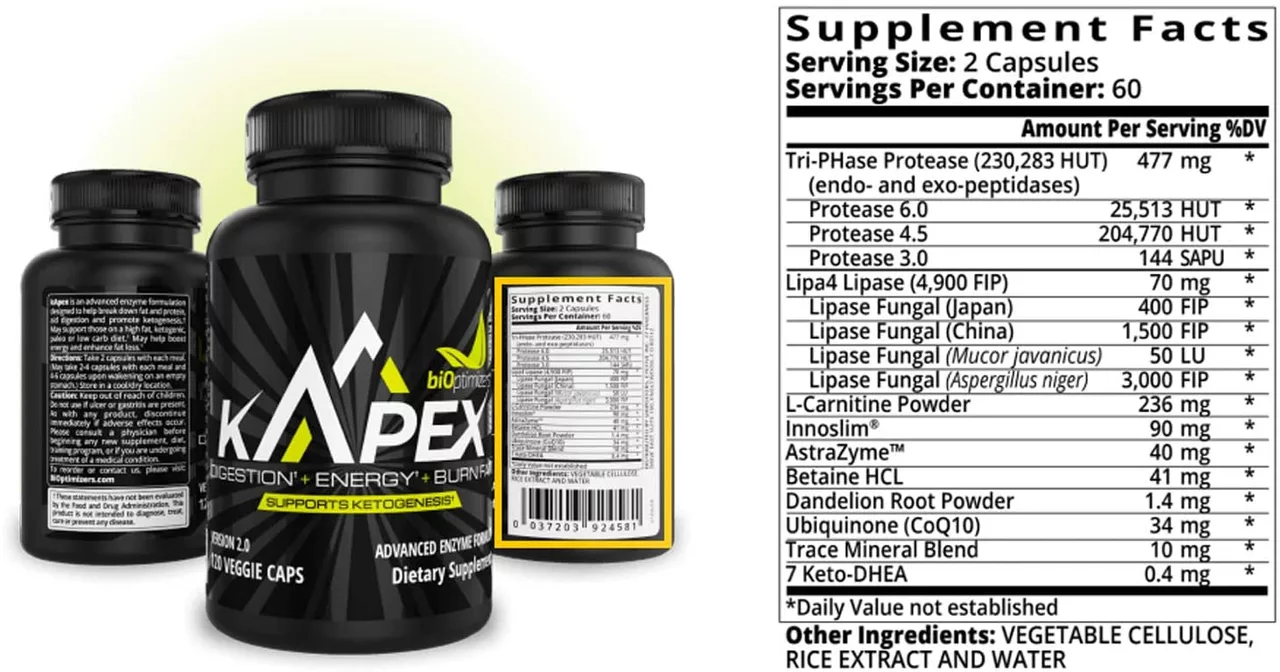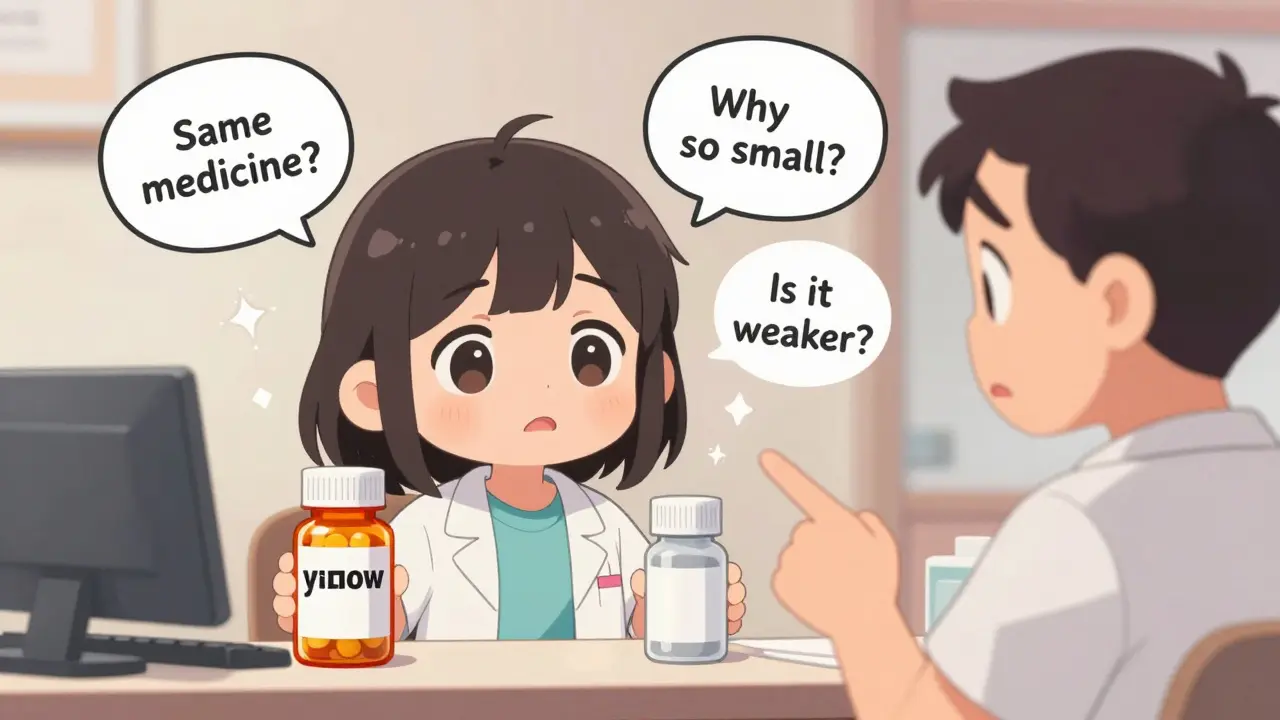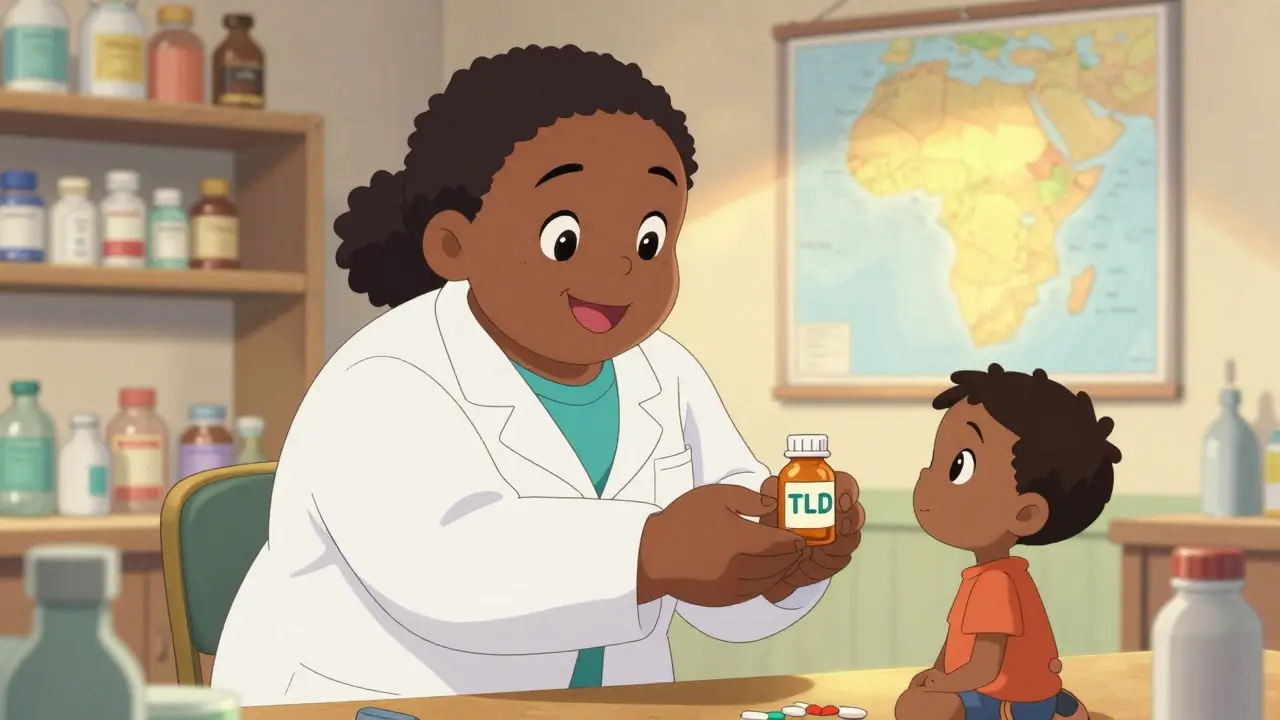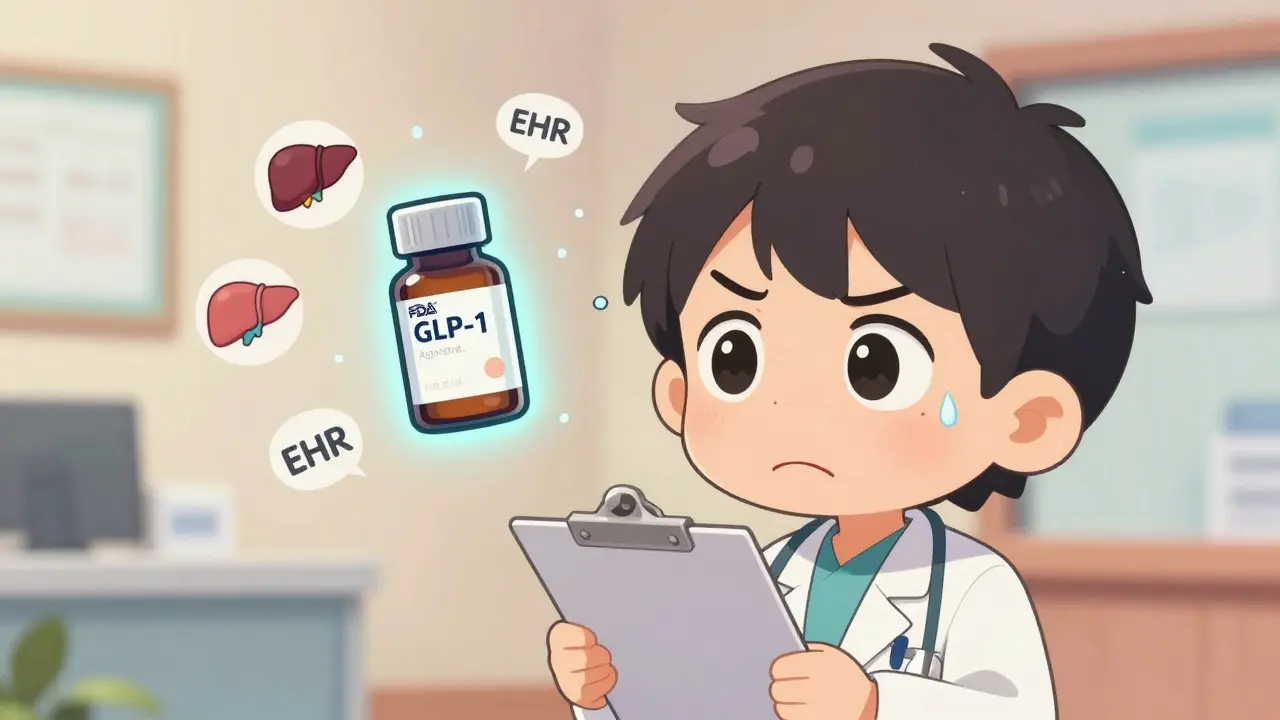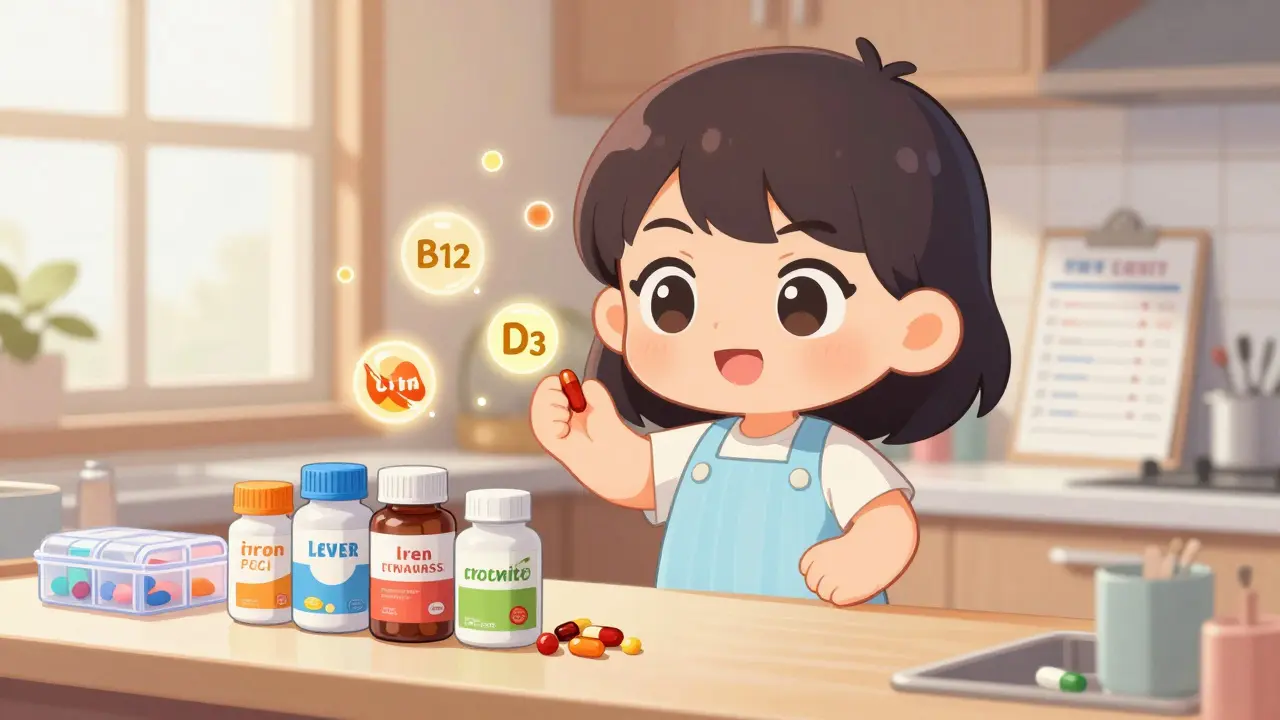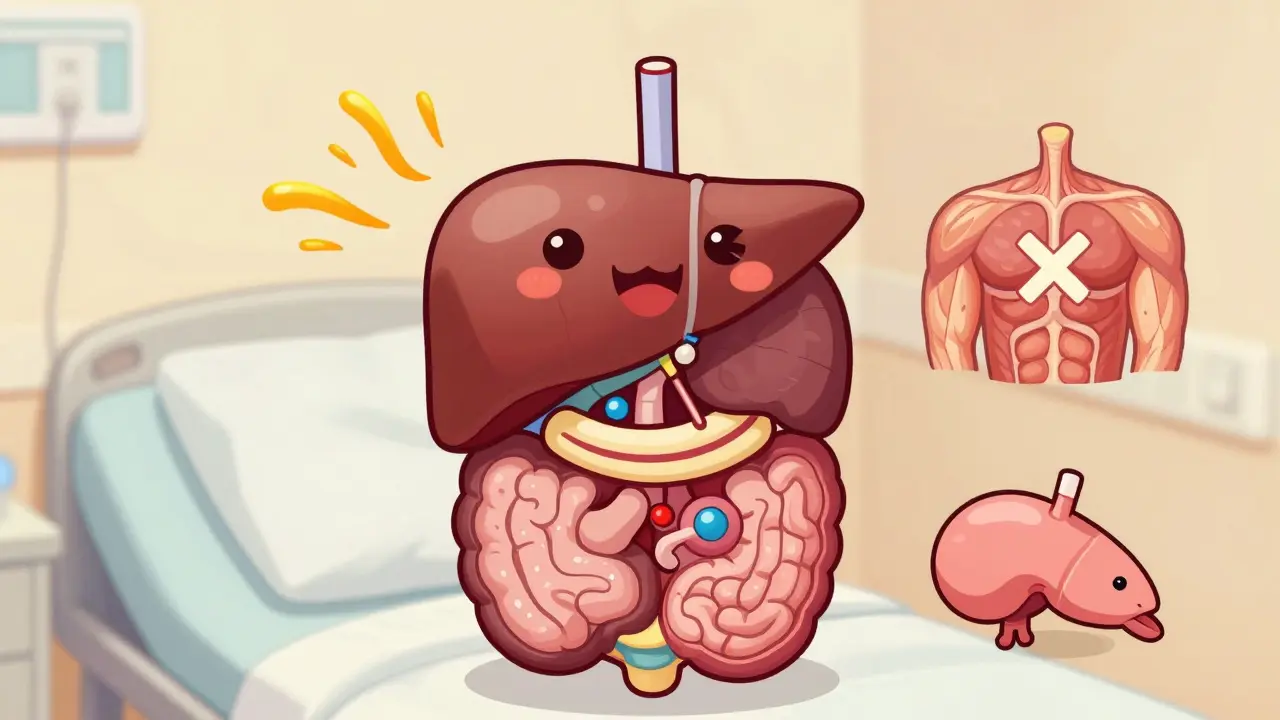Nutrient Absorption: Simple Ways to Get More Out of Your Food
Ever wonder why you eat a salad full of greens but still feel low on energy? The answer often lies in how well your body absorbs the nutrients. Nutrient absorption is the process where your gut pulls vitamins, minerals, proteins, and carbs from what you eat and sends them into your bloodstream. If something blocks that process, you miss out on the benefits, even if you’re eating healthy.
Key Factors That Influence Absorption
First off, your gut health matters a lot. A balanced mix of good bacteria helps break down food and releases nutrients. When antibiotics, stress, or a poor diet knock those microbes out, absorption drops.
Second, the form of a nutrient makes a difference. For example, iron from meat (heme iron) is easier for the body to absorb than iron from beans (non‑heme iron). Pairing non‑heme iron with vitamin C – like adding lemon juice to lentils – boosts its uptake.
Third, timing and combinations count. Some nutrients compete for the same transport channels. Calcium can hinder iron absorption if taken together, while fat‑soluble vitamins (A, D, E, K) need a bit of healthy fat to be absorbed efficiently.Lastly, certain medicines can mess with absorption. Antacids, some antibiotics, and blood thinners may reduce how much your gut takes in. Always check with your pharmacist if you’re on regular meds.
Practical Ways to Boost Nutrient Absorption
Start your day with a protein‑rich breakfast – eggs, Greek yogurt, or a plant‑based protein shake. Protein stimulates stomach acids that help break down food later on.
Include a source of healthy fat in every meal. A drizzle of olive oil on veggies, a handful of nuts, or avocado can unlock fat‑soluble vitamins that would otherwise pass by unused.
Don’t forget fermented foods. Sauerkraut, kimchi, kefir, and plain yogurt feed the good bacteria that keep your gut lining healthy and ready to absorb nutrients.
If you take supplements, follow the label instructions. Many minerals are best taken with food, while certain vitamins (like B‑complex) work best on an empty stomach.
Stay hydrated but avoid excessive coffee or tea with meals. The tannins in these drinks can bind iron and reduce its absorption. A cup of water or a splash of milk is a safer choice during meals.
Finally, move a little after eating. A short walk boosts circulation and helps the digestive system work more efficiently, which can improve the overall uptake of nutrients.
By paying attention to gut health, food pairing, and timing, you can make sure the calories and vitamins you put on your plate actually power your body. Small tweaks add up – and you’ll start feeling the difference in energy, mood, and overall well‑being.
